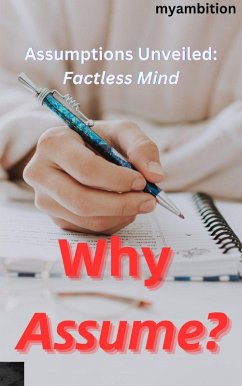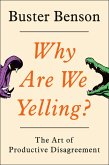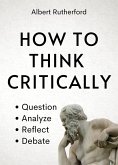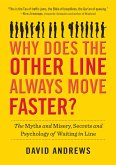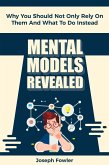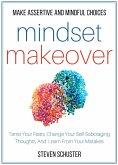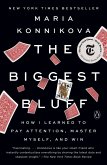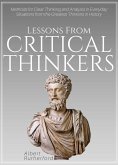The Nature of Assumptions
We delve into the fundamental nature of assumptions. We explore how assumptions serve as mental shortcuts, allowing us to navigate complex information and make quick judgments. However, we also highlight the inherent limitations and risks associated with assumptions, as they can lead to inaccuracies, biases, and flawed decision-making.
The Influence of Cognitive Biases
focuses on cognitive biases that drive assumptions. We explore confirmation bias, availability heuristic, anchoring bias, and other common biases that impact our thinking. These biases can lead us to seek information that confirms our pre-existing beliefs, rely on easily accessible examples, or anchor our judgments on irrelevant information.
The Consequences of Unfounded Assumptions
This chapter delves into the far-reaching consequences of unfounded assumptions. We explore how assumptions can hinder effective communication, damage relationships, and perpetuate stereotypes and prejudices. Assumptions can lead to misunderstandings, conflicts, and missed opportunities for growth and connection.
Breaking Free from Assumption Traps
This chapter provides practical strategies to break free from assumption traps. We discuss the importance of cultivating critical thinking skills, questioning assumptions, and seeking diverse perspectives. Readers are encouraged to challenge their own biases, engage in active listening, and embrace intellectual humility.
Cultivating an Assumption-Free Mindset
In this chapter, we delve into the journey of cultivating an assumption-free mindset. We explore the power of curiosity, reflection, and self-awareness in challenging and dismantling assumptions. Readers are provided with tools and exercises to cultivate a more mindful and discerning approach to information and decision-making.
Embracing Clarity and Empathy
The conclusion reiterates the importance of self-reflection, open-mindedness, and empathy in countering the detrimental effects of assumptions. It emphasizes the transformative potential of embracing a mindset that values evidence, diversity, and critical thinking. By recognizing the perils and pitfalls of assumptions, readers are empowered to cultivate a more compassionate and accurate understanding of themselves and others. The book concludes with a call to action, encouraging readers to embark on their own journey of assumption awareness and inspire positive change in their lives and communities.
Dieser Download kann aus rechtlichen Gründen nur mit Rechnungsadresse in A, B, CY, CZ, D, DK, EW, E, FIN, F, GR, H, IRL, I, LT, L, LR, M, NL, PL, P, R, S, SLO, SK ausgeliefert werden.

